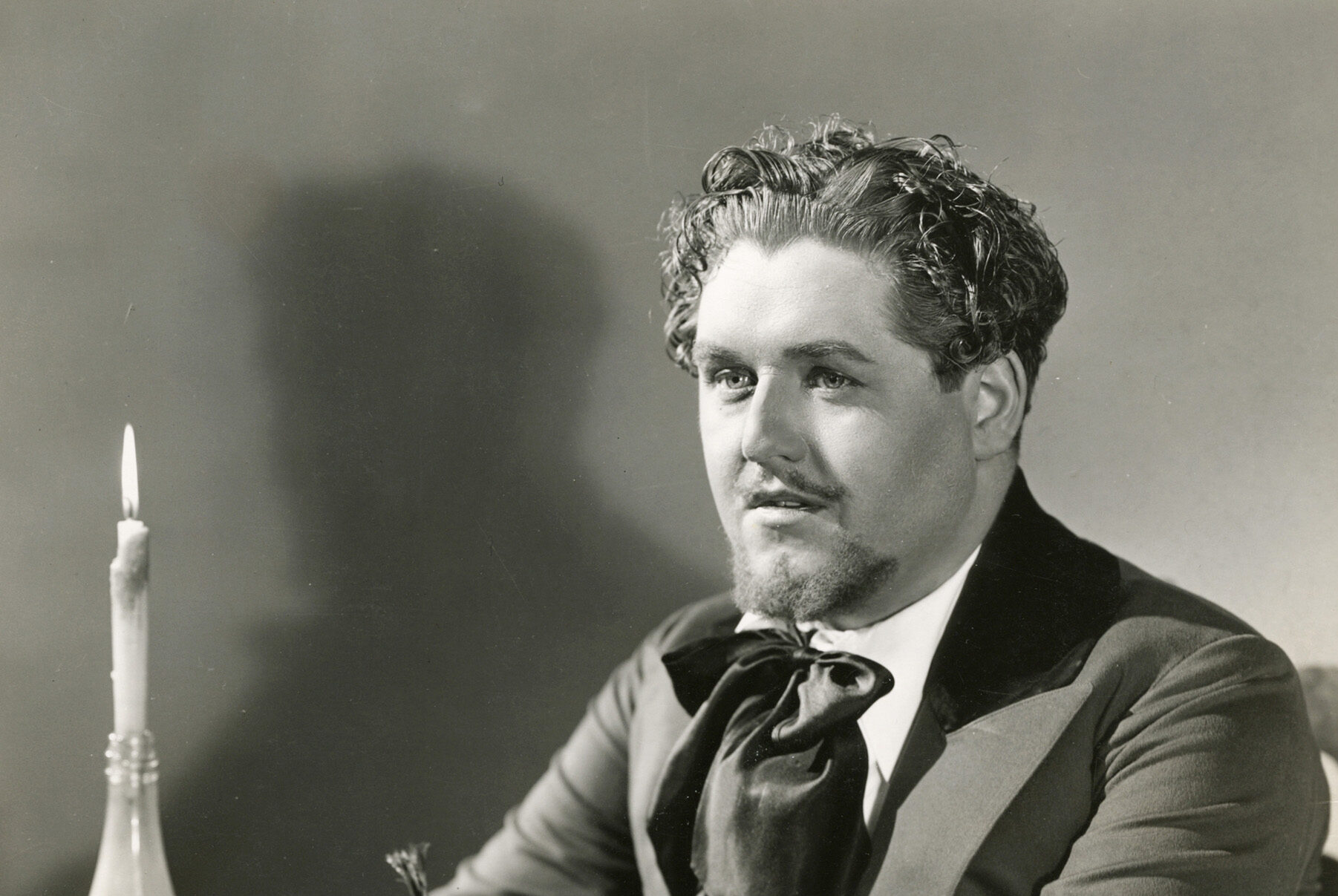
W. J. Henderson in The New York Times:
There was a curious mixture of atmospheres at the Metropolitan Opera House last evening. Bellini’s “Norma,” one of the star works of the Italian repertory and one of the most characteristic of the operas of the old style, was sung by German, with that devotion and earnestness which mark Teutonic labors in dramatic art. It would have not been difficult to forecast the results. They were precisely such as one might have expected. The dramatic aspects of the evening’s work was notable. All concerned in the performance acted and sang with the greatest earnestness. It was in those flexible graces of song in which the Italians excel that the Germans were deficient.
The opera was chosen by Frau Lehmann for her benefit, and from a financial point of view her selection was a very wise one. This public is sufficiently familiar with her interpretation of dramatic rôles in which facile vocalization has no special part, and there was, of course, no small curiosity to hear her in a rôle combining dramatic sentiment with coloratura singing. From an artistic point of view the choice does not seem to be so commendable. There is no artistic reason why Lilli Lehmann should present herself to the New York public as a coloratura singer. She may have been actuated by a not unnatural desire to display her versatility, but to get up a performance of Bellini’s “Norma” for her benefit savors rather of self-esteem than of a strong devotion to honest art. Chorley, to be sure, declares that “Norma” is Bellini’s most dramatic opera, and he is quite right. It is very dramatic indeed – for Bellini.
But the time has gone by when the serious music lovers of this community can be induced to accept “the worn-out elementary rhythms” of the Italian stage and its surprising fioriture, against which even Fétis cried out as dramatic. The old-fashioned Italian opera can only maintain its hold as an excuse for exhibitions of vocal technique, and it is pretty safe to say that Lilli Lehmann selected “Norma” for that very purpose. She was probably anxious to score a success in a style of singing with which her name and fame have not been associated. She certainly met with popular success. She demonstrated that her voice possessed far more flexibility and that she had a greater command of the pure ornamentation of signing that anyone suspected, and so long is it since the public has heard so excellent an exhibition of this sort that the audience was fairly carried away.
It must be said, however, that Frau Lehmann took many of the elaborate ornamental passages at a very moderate tempo and sang them with very evident labor, thus depriving them of much of that brilliancy which the smooth, mellow, pliable Italian voices impart to them. Fioriture without brilliancy have no “raison d’ étre,” and no Italian diva of standing would have received half the applause that Fräu Lehmann did for singing these passages as she did. The audience was excited by astonishment at the fact that she could do it at all.
The singer’s real success was greatest in the sincerity and forcefulness of the histrionic side of her work, and in the singing of those numbers in which her tragic power was of more value than the lamented Bellini’s lyric lace work. She was an imposing and beautiful figure as the erring and wronged priestess, and she never sang Brünnhilde with more vigor and feeling. But after all we must confess that we have heard a number of singers on the Italian stage whose rendering of the ornamental passages would have caused us much less anxiety. Frau Lehmann is one of the greatest living dramatic sopranos. She should remain content with fame.
Born on this day in 1935 soprano Mirella Freni.
Birthday anniversaries of composers Joaquín Valverde (1846) and Hubert Parry (1848); contraltos Maartje Offers (1892) and Marian Anderson (1899); soprano Lotte Lehmann (1888; bass Arne Tyrén (1928) and tenor Alberto Remedios (1935).
Happy 85th birthday soprano Margaret Curphey.
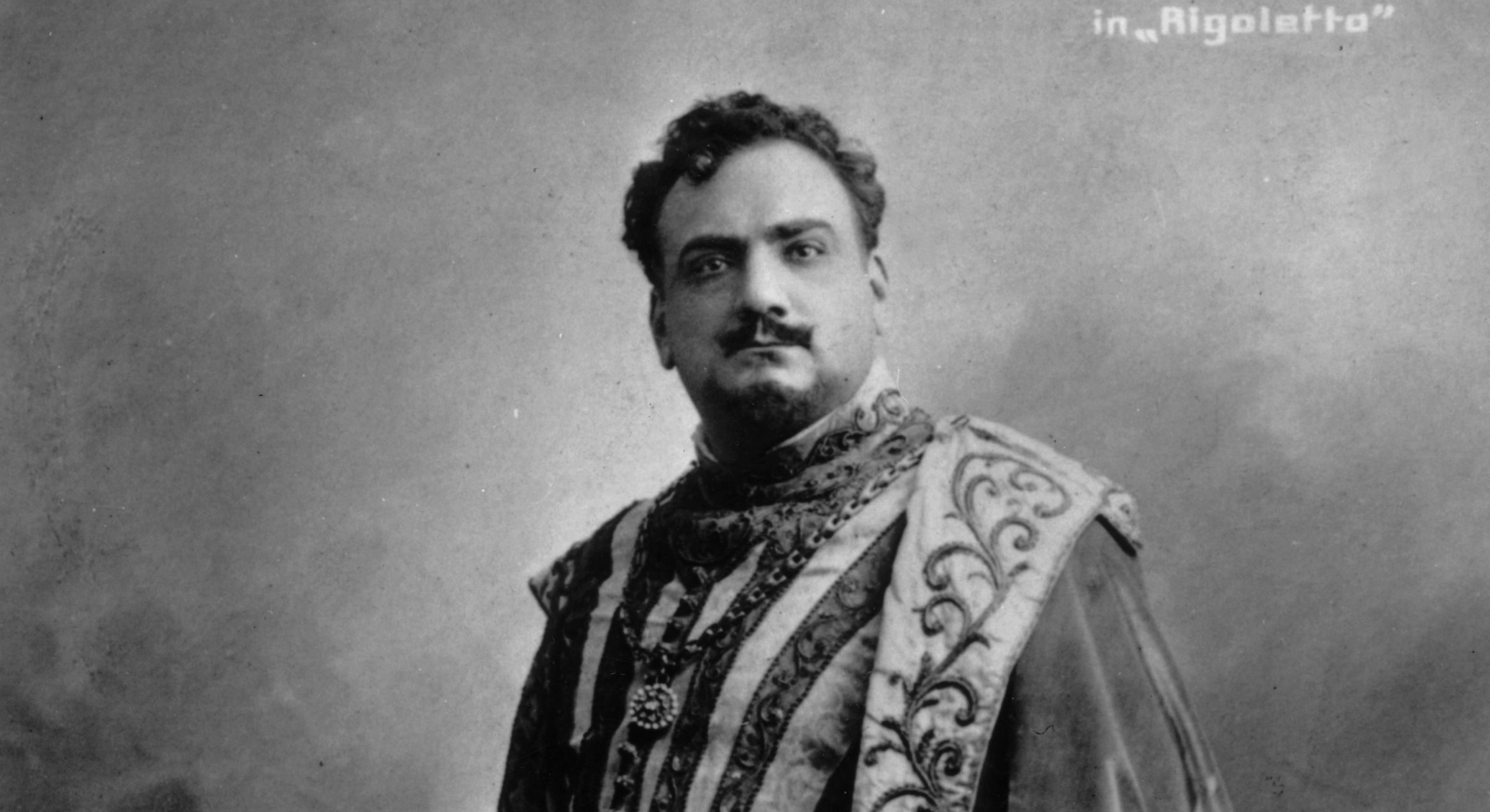
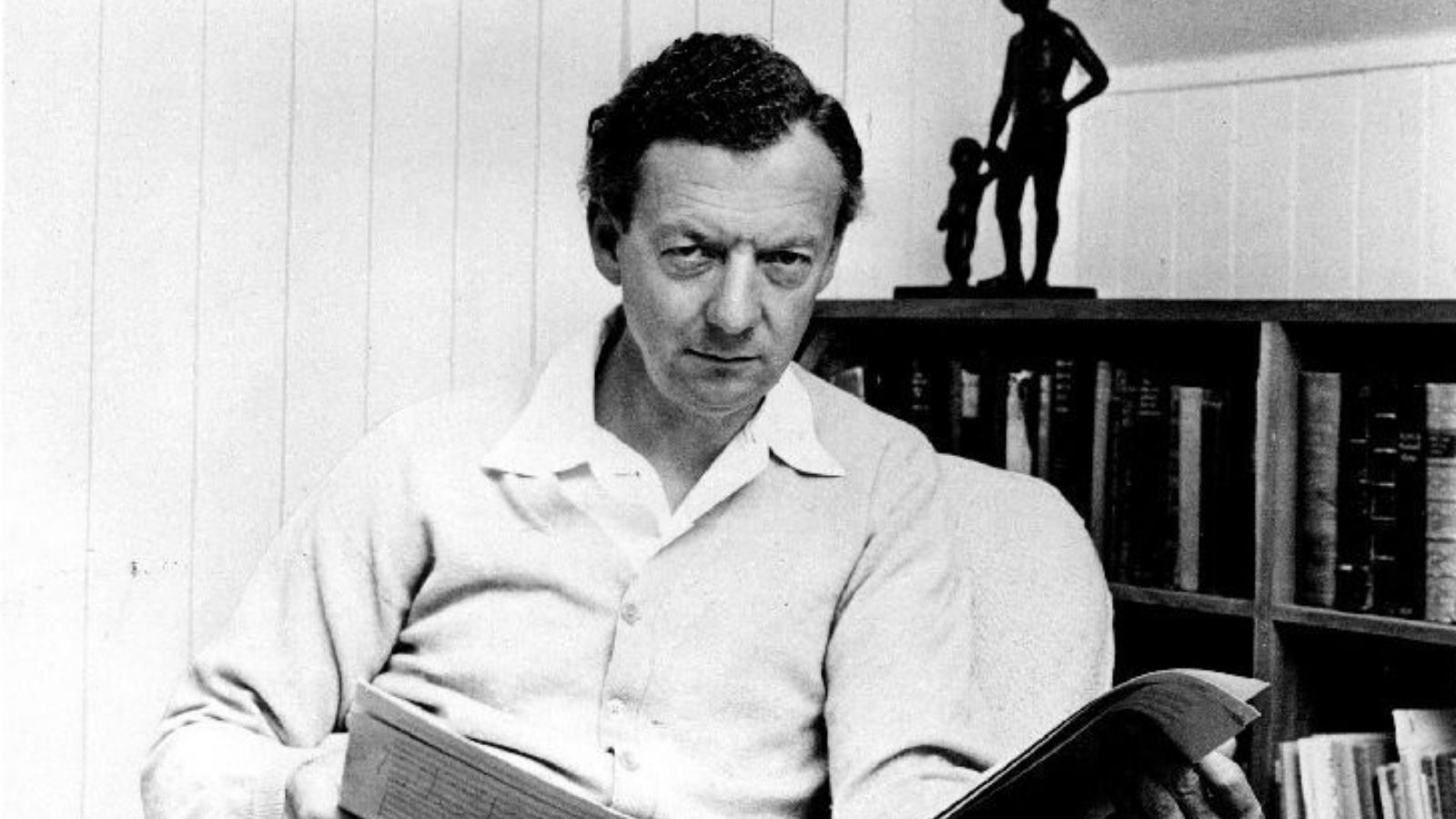

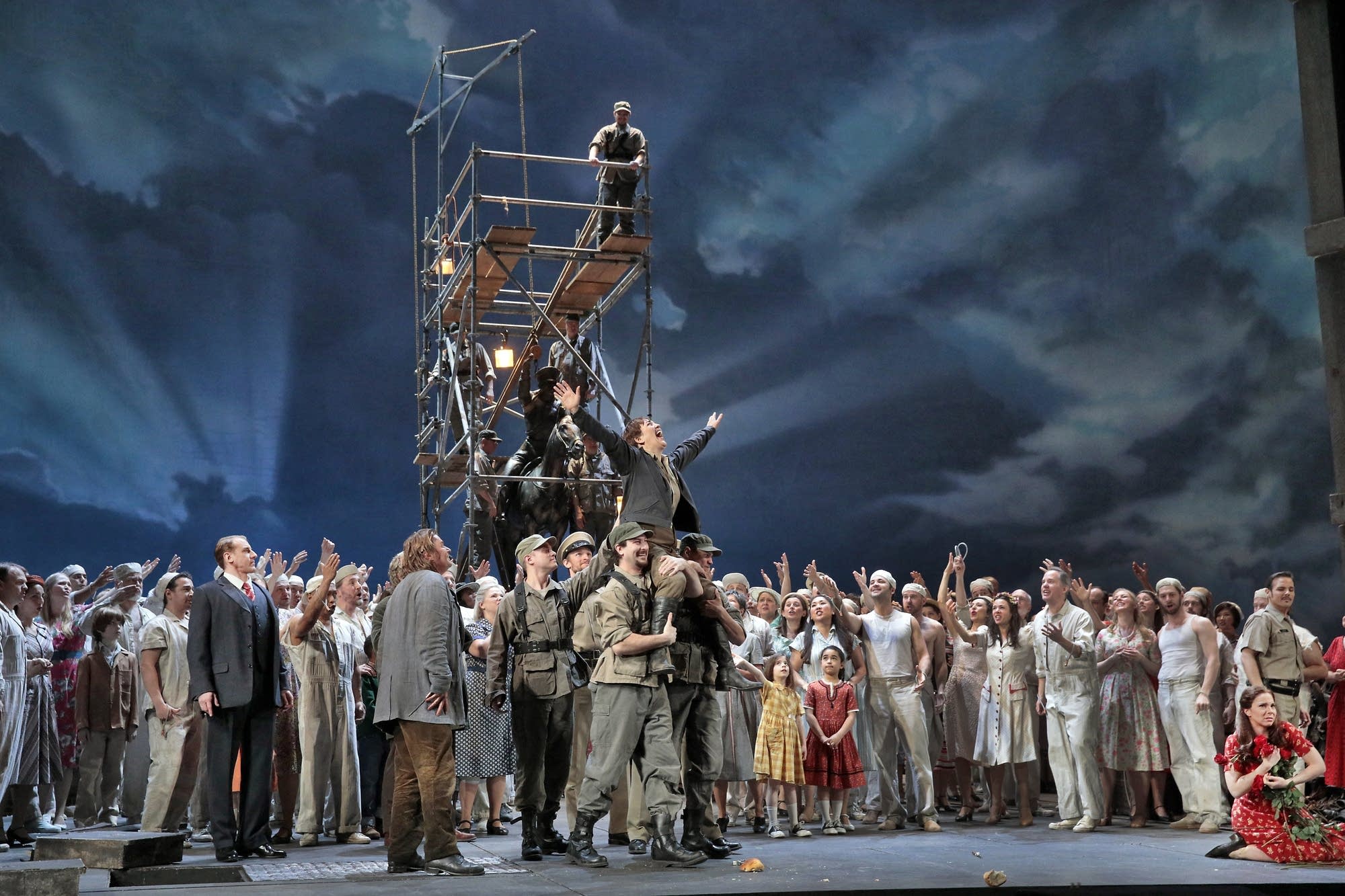
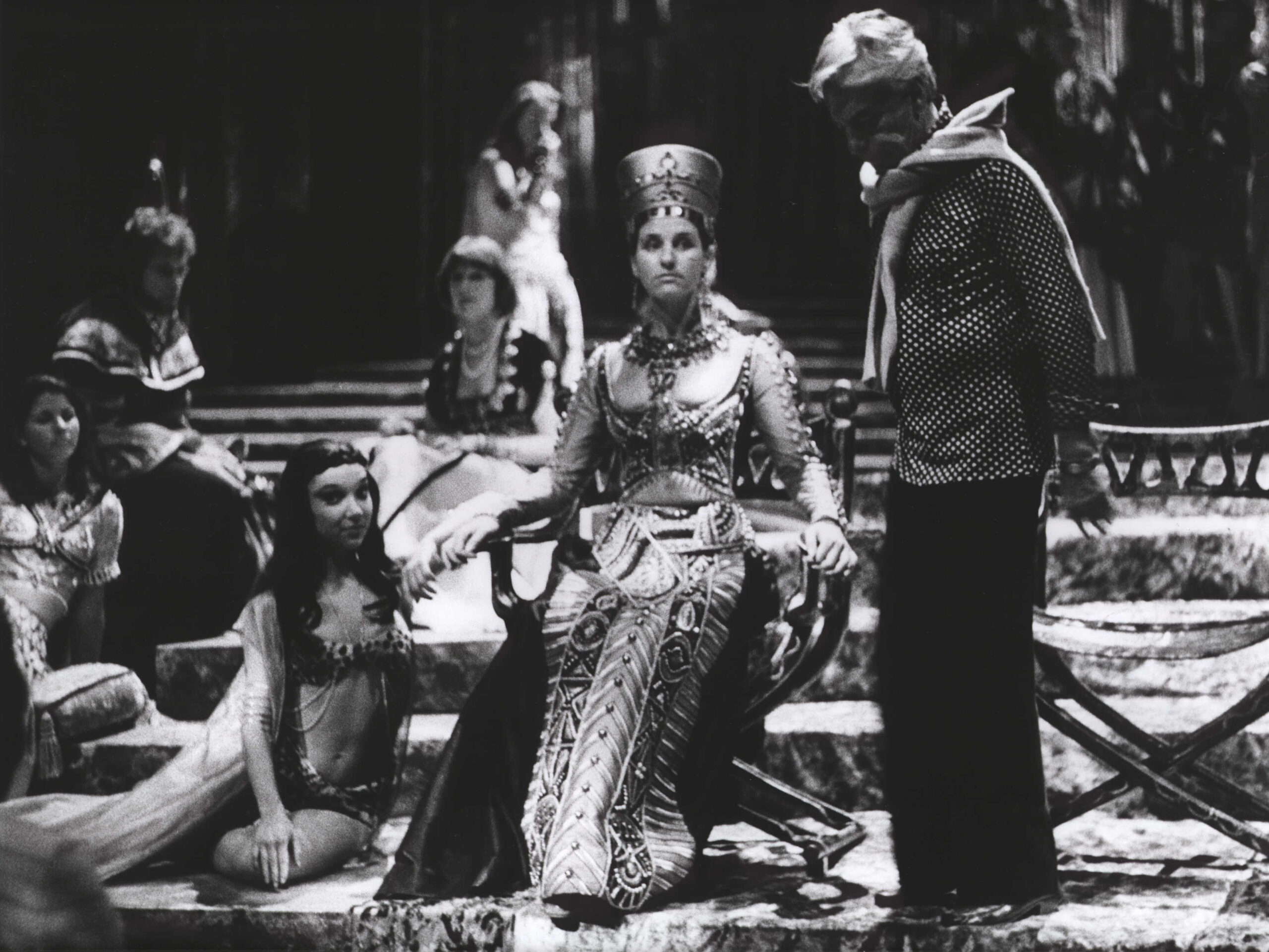
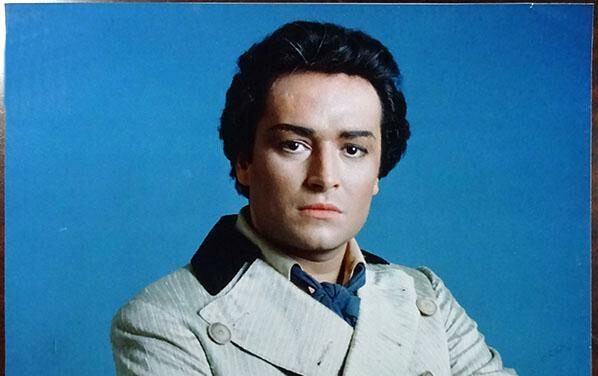
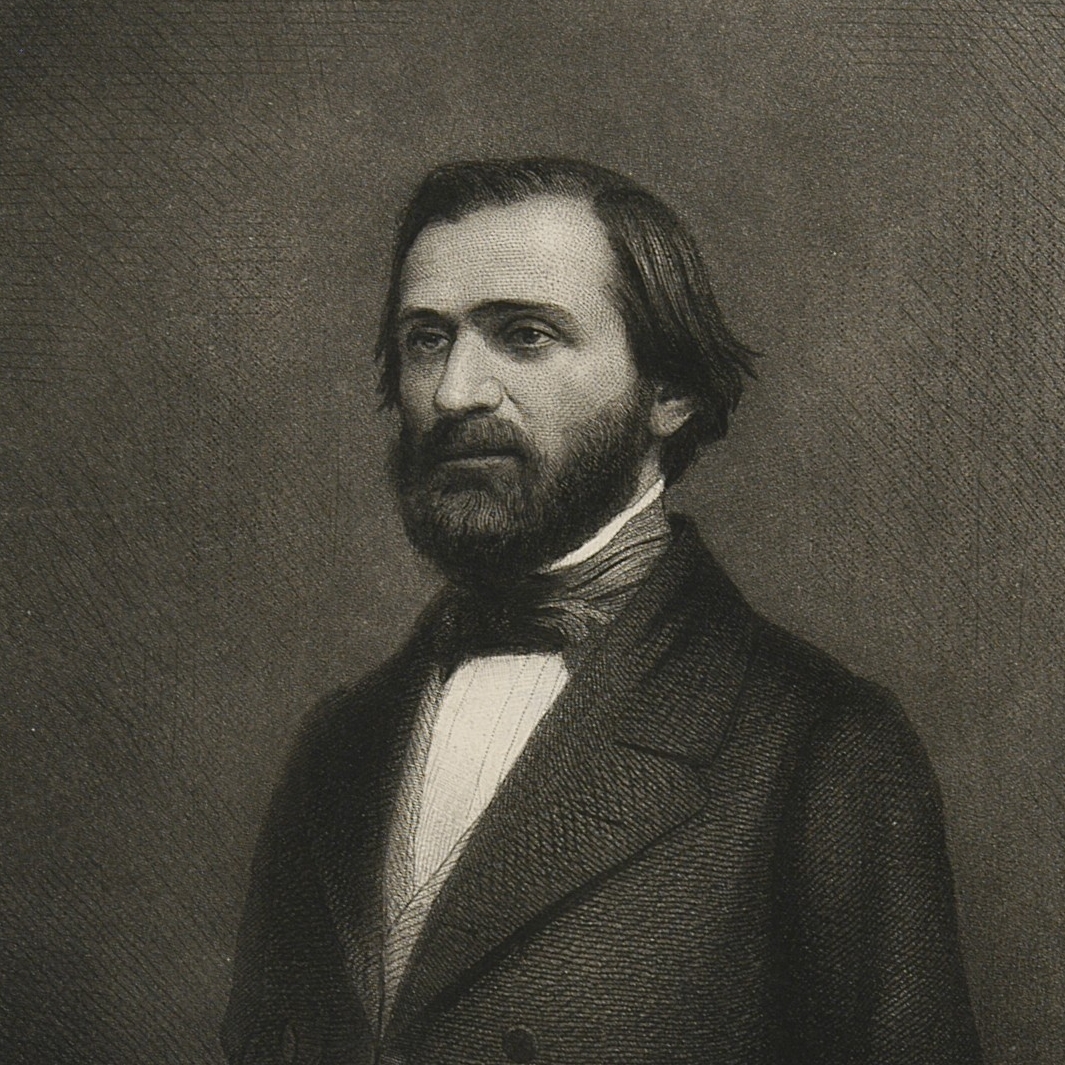
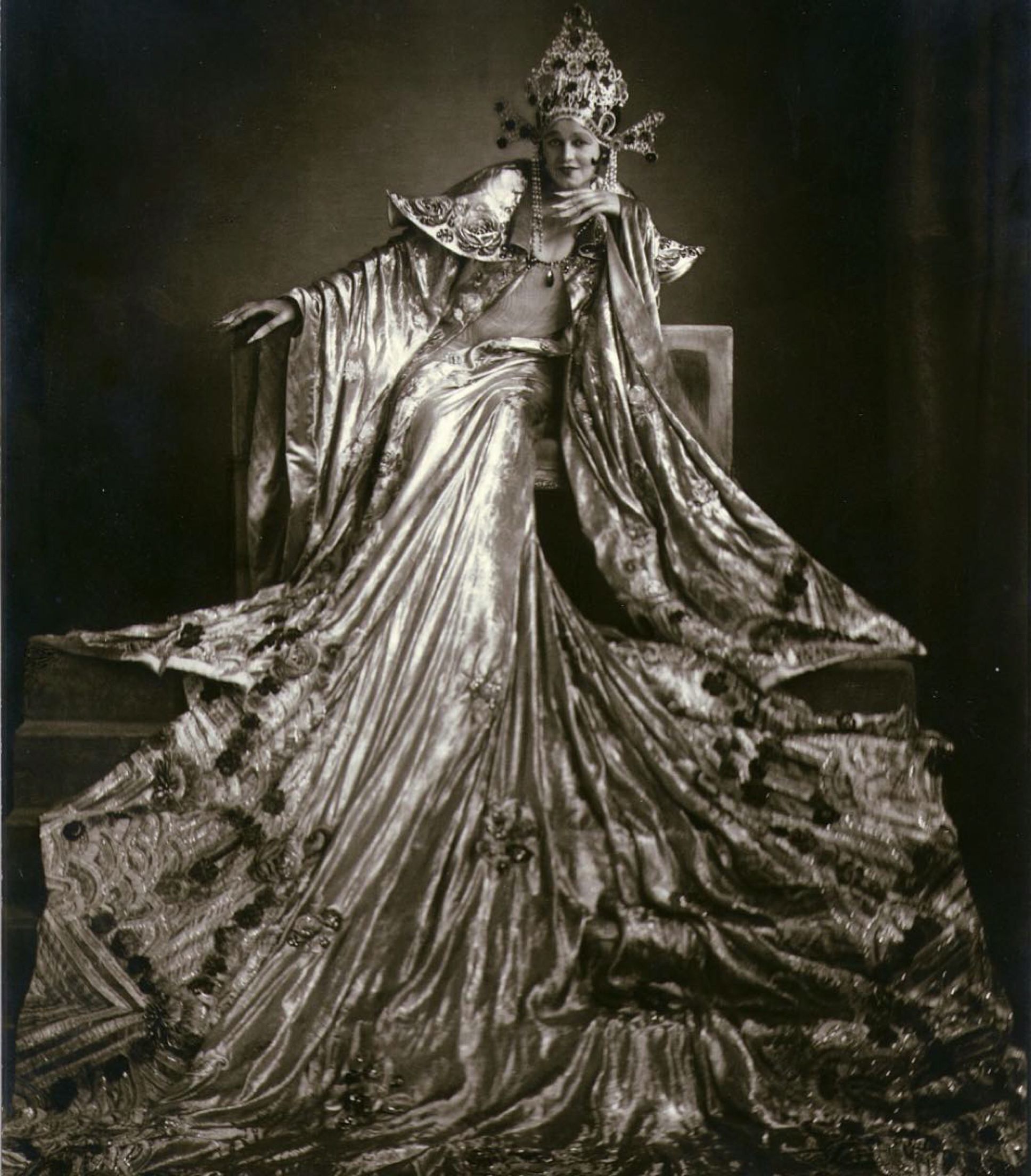
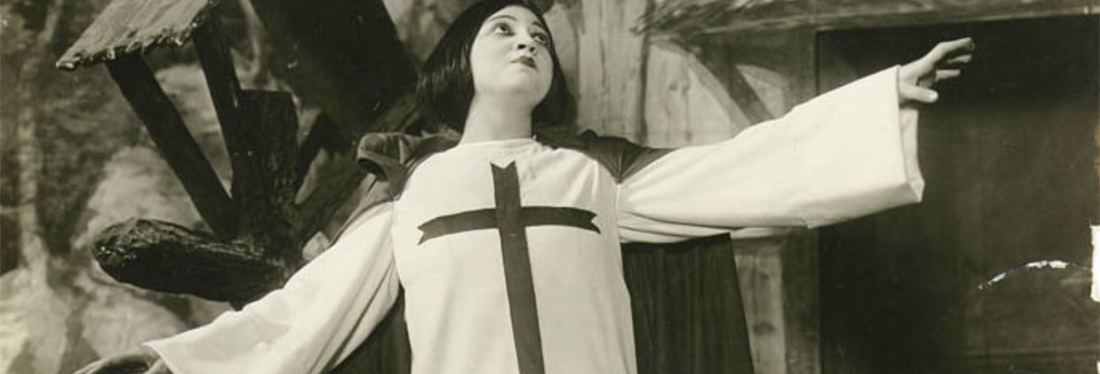
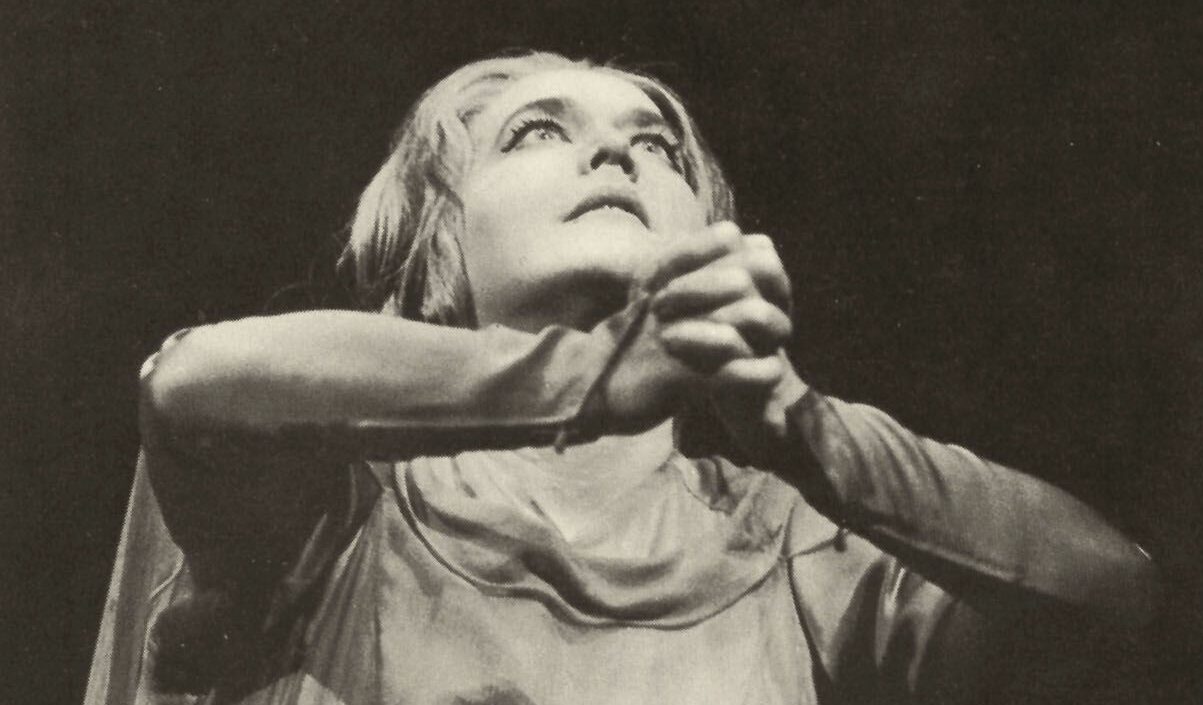
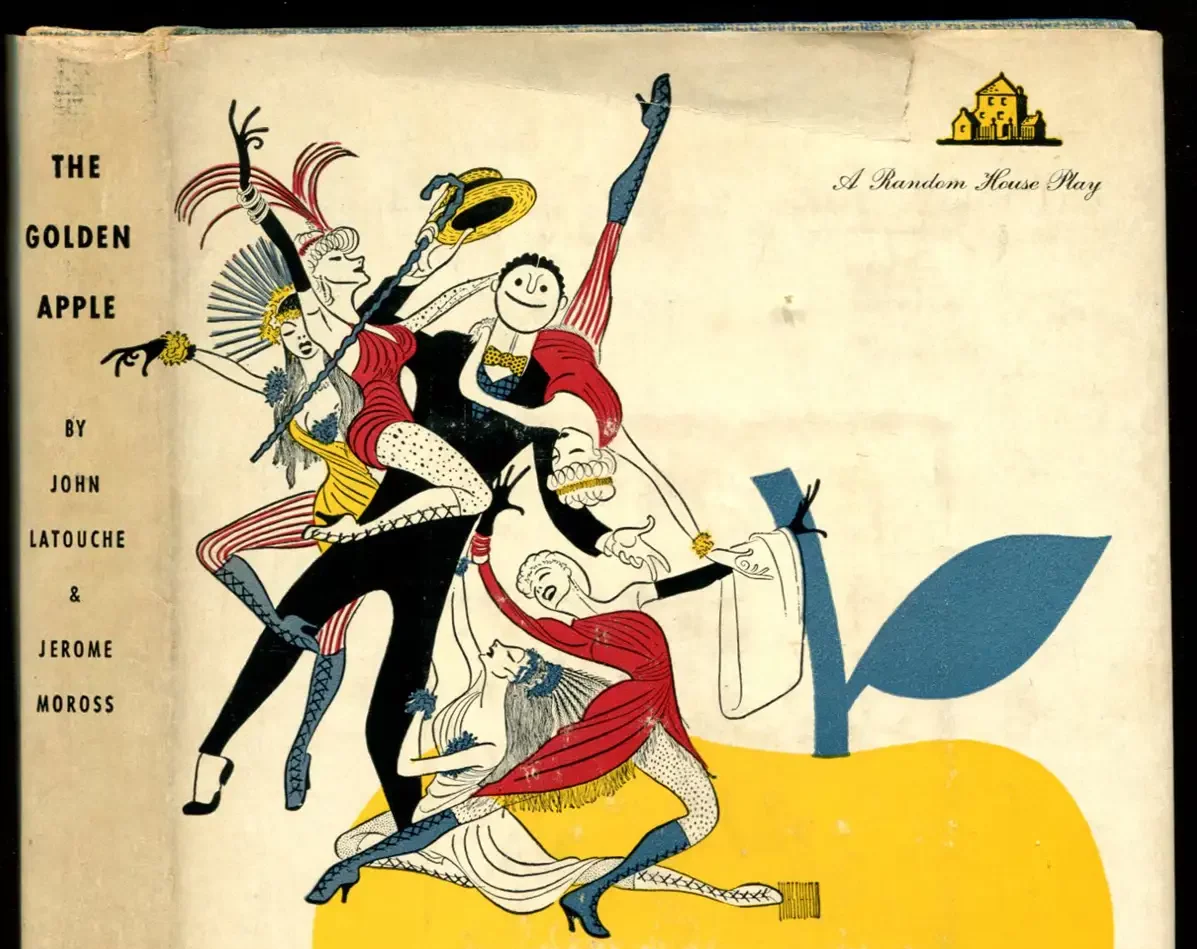
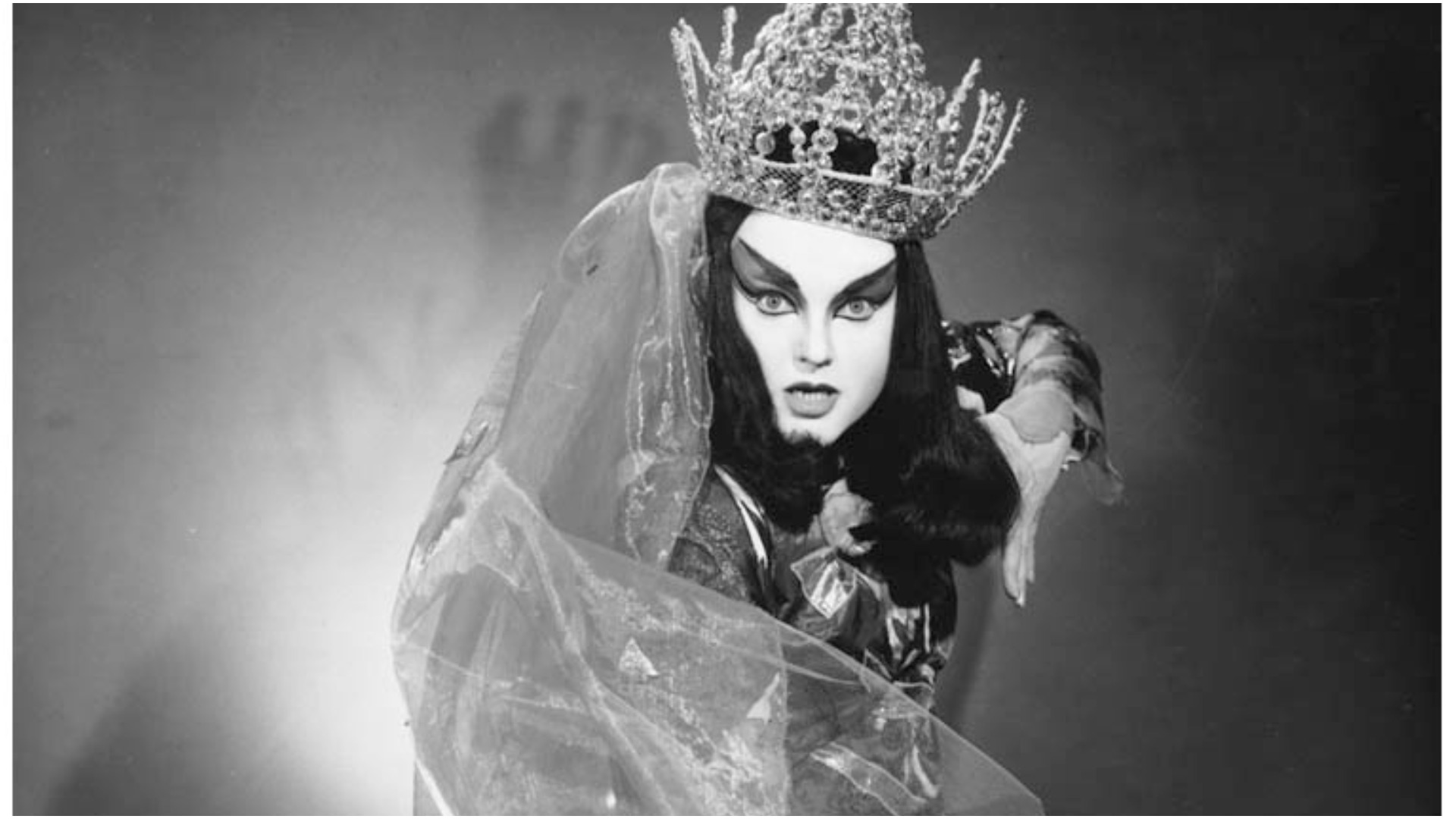
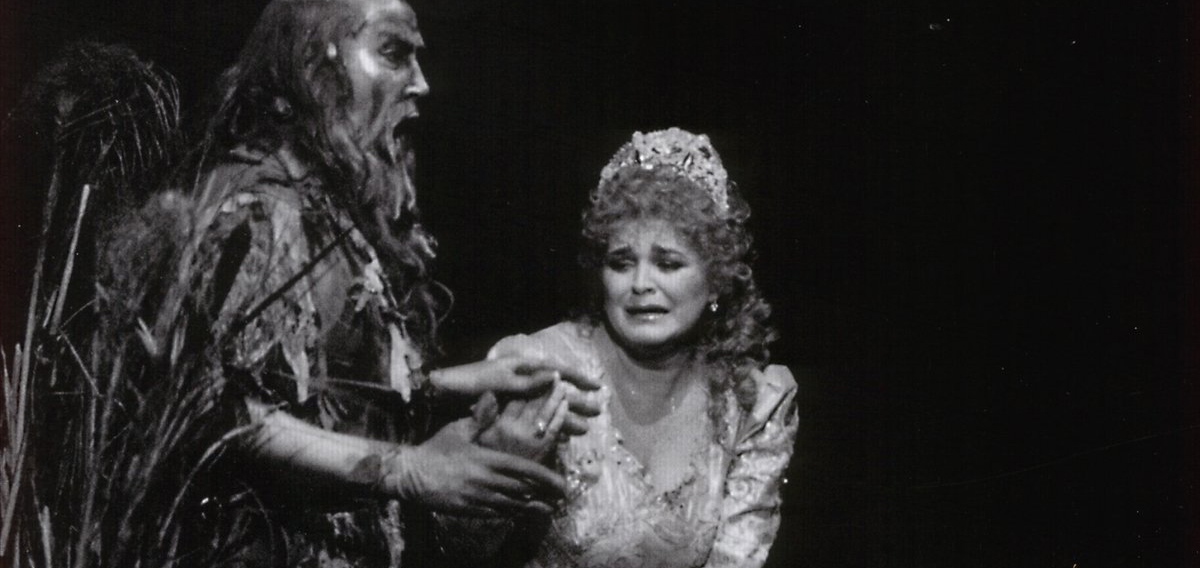


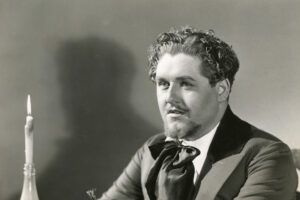




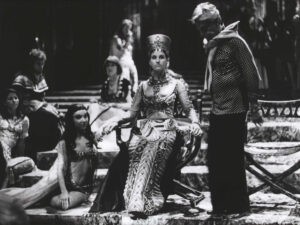
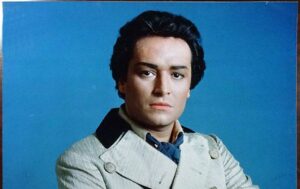




Comments